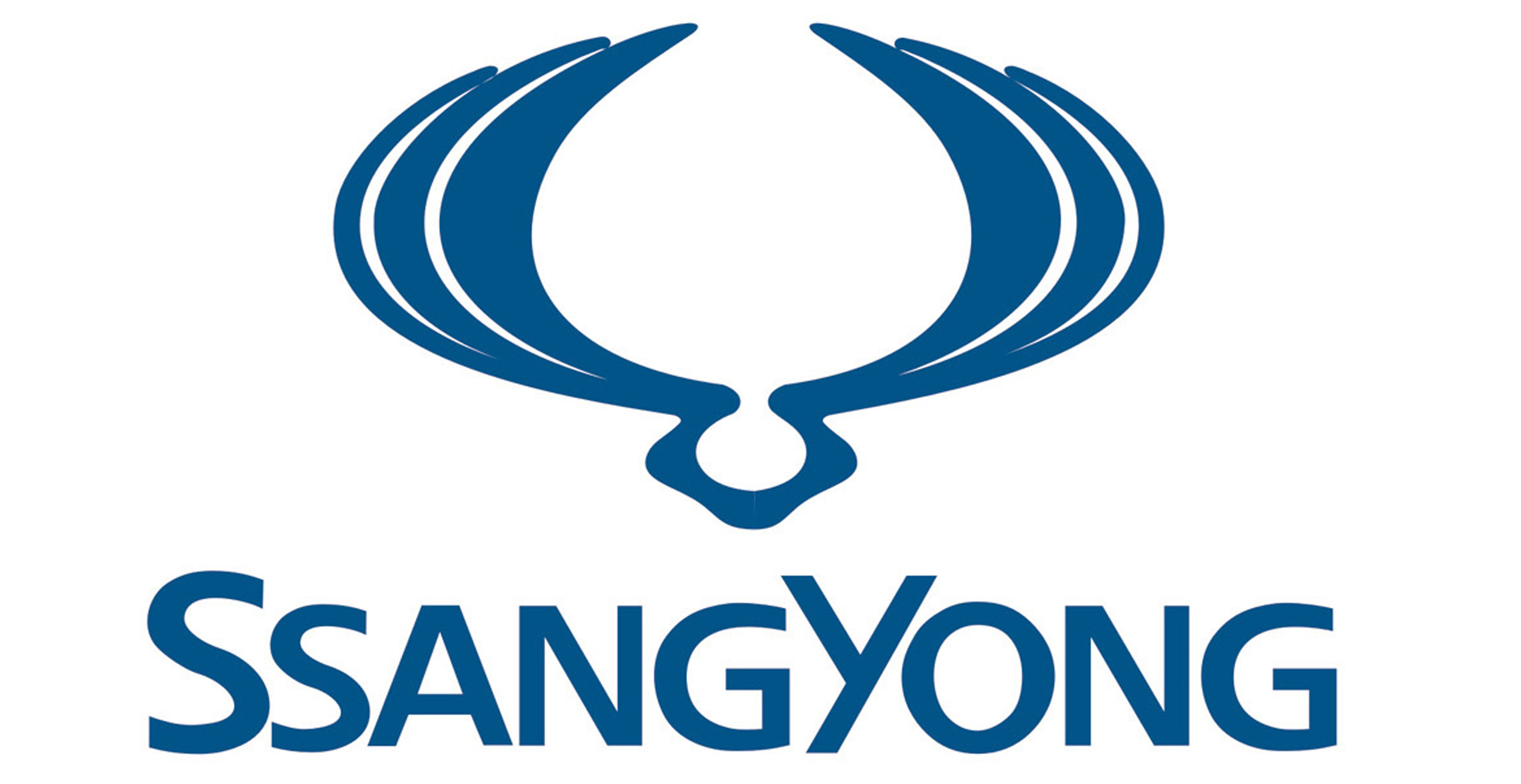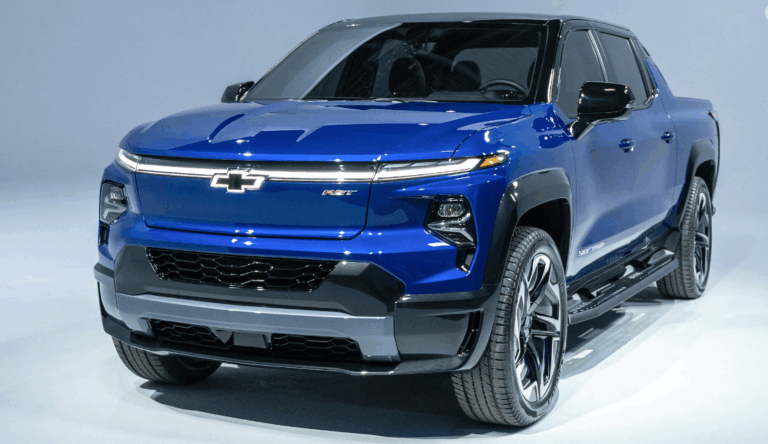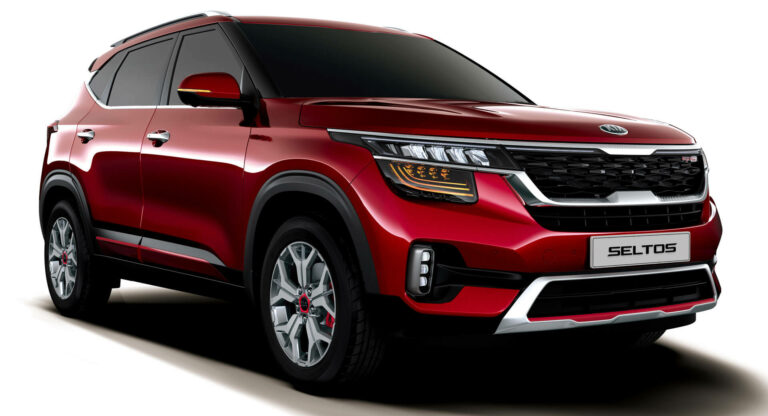Korean Luxury Car Brands: A Comprehensive Guide to Automotive Excellence
Korean Luxury Car Brands: A Comprehensive Guide to Automotive Excellence cars.truckstrend.com
For decades, the luxury automotive market was largely dominated by established European and Japanese marques. Brands like Mercedes-Benz, BMW, Audi, Lexus, and Acura carved out their niches, defining what it meant to offer premium comfort, performance, and prestige. However, in a remarkably short period, a new force has emerged, challenging the status quo and redefining value in the high-end segment: Korean Luxury Car Brands.
No longer content with merely offering reliable, value-for-money vehicles, South Korea’s automotive giants, primarily Hyundai and Kia, have invested massively in design, engineering, and customer experience to launch formidable luxury offerings. This article delves into the fascinating world of Korean Luxury Car Brands, exploring their meteoric rise, their unique propositions, and what makes them compelling choices for discerning buyers worldwide.
Korean Luxury Car Brands: A Comprehensive Guide to Automotive Excellence
The Genesis Story: Hyundai’s Bold Leap into Luxury
The most prominent and successful of the Korean Luxury Car Brands is undoubtedly Genesis. Born from Hyundai’s ambition, Genesis wasn’t just a new model; it was a completely new luxury division launched in 2015. Its inception followed years of groundwork laid by Hyundai’s own luxury sedans, the Equus and the first-generation Genesis. These models proved that Hyundai could build premium vehicles, but a separate brand was needed to truly compete with established luxury titans.
Brand Philosophy and Design Language
Genesis adopted a philosophy of "Athletic Elegance," combining dynamic performance with sophisticated design. Their signature "Two Lines" design motif, seen in the distinct quad headlamps and taillamps, creates an instantly recognizable brand identity. This design language, coupled with interiors crafted from exquisite materials like Nappa leather, open-pore wood, and aluminum accents, positions Genesis as a genuine luxury contender.
Current Lineup and Key Differentiators
The Genesis lineup has rapidly expanded to cover key luxury segments, offering a blend of sedans and SUVs that cater to diverse preferences:
- Sedans:
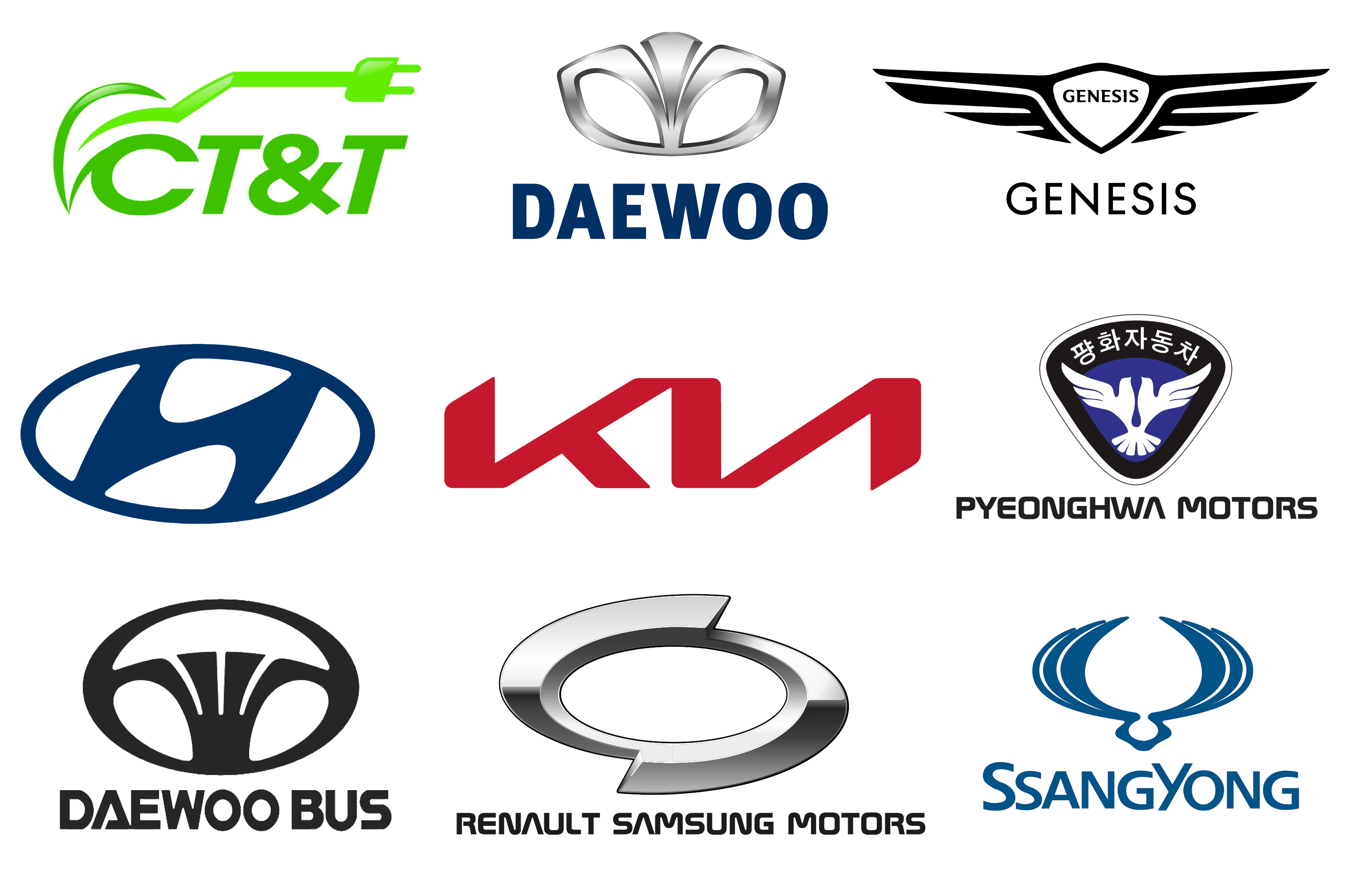
- G70: A compact sport sedan designed to challenge the BMW 3 Series and Mercedes-Benz C-Class, offering engaging driving dynamics and a driver-centric cockpit.
- G80: The mid-size executive sedan, a direct competitor to the E-Class and 5 Series, known for its serene ride, advanced technology, and spacious cabin.
- G90: The flagship full-size luxury sedan, aiming squarely at the S-Class and 7 Series, delivering unparalleled comfort, cutting-edge features, and a grand presence.
- SUVs:
- GV60: A compact, all-electric SUV built on a dedicated EV platform, showcasing Genesis’s commitment to electrification with unique features like Face Connect and a Crystal Sphere shifter.
- GV70: A compact luxury SUV that blends sporty performance with premium comfort, rivaling the X3 and GLC. It quickly became a top seller for the brand.
- GV80: The brand’s first mid-size luxury SUV, known for its commanding presence, sophisticated interior, and robust performance, directly challenging the X5 and GLE.
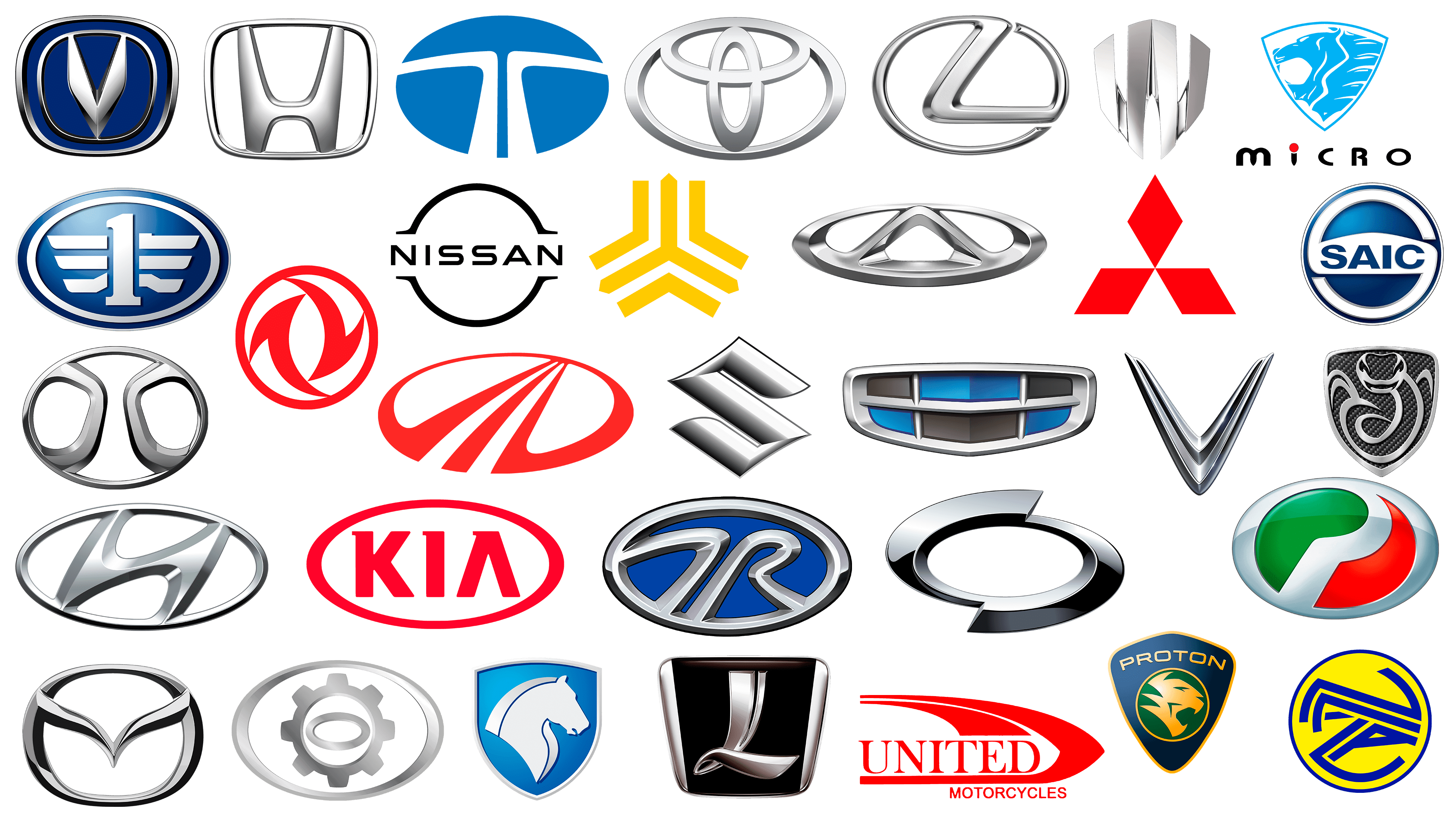
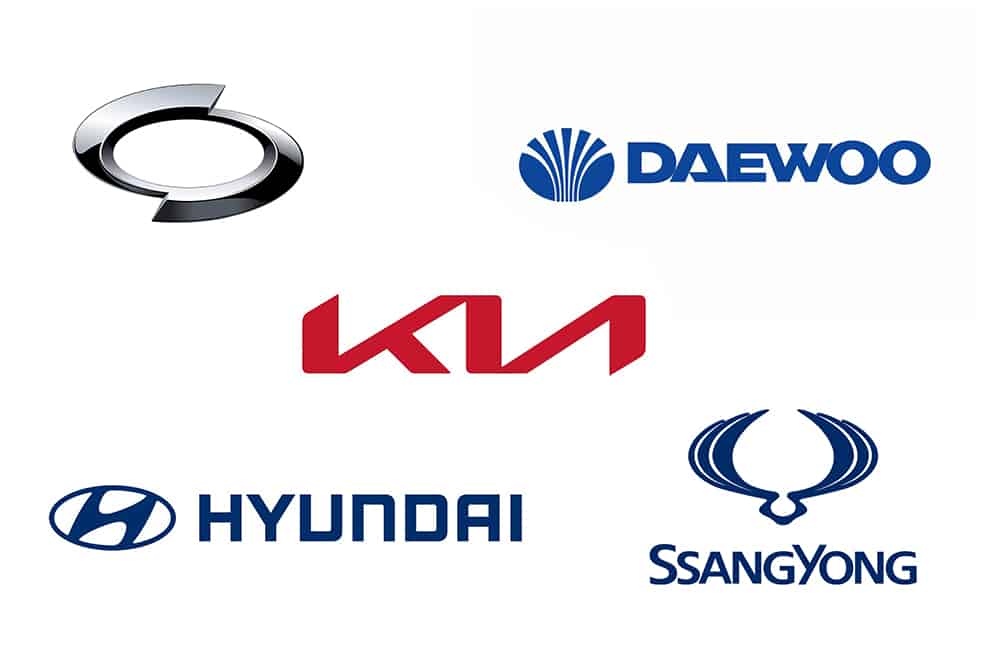
What truly sets Genesis apart among Korean Luxury Car Brands is its relentless focus on value, cutting-edge technology, and an elevated customer experience. Their vehicles often come standard with features that are expensive options on rivals, including a comprehensive suite of advanced driver-assistance systems (ADAS). Furthermore, Genesis offers concierge services, at-home test drives, and valet service for maintenance, aiming to make luxury ownership truly effortless.
Kia’s Foray into Premium: The K9 and Stinger
While Genesis operates as a standalone luxury brand, Kia, another pillar of Korean Luxury Car Brands alongside Hyundai, has also made significant strides into the premium segment with specific models. These vehicles aim to elevate Kia’s brand perception beyond its traditional mass-market appeal.
The K9 (K900 in some markets)
The K9 is Kia’s full-size luxury sedan, representing the pinnacle of the brand’s engineering and design capabilities. While it doesn’t boast the same aggressive marketing push as Genesis, the K9 offers a remarkably quiet and comfortable ride, a spacious cabin, and a long list of luxury features. It appeals to buyers seeking an understated, value-packed luxury experience without the badge prestige of European competitors. Its focus is on serene cruising and passenger comfort, making it a compelling alternative for those prioritizing substance over flash.
The Stinger
Though often categorized as a performance grand tourer rather than a traditional luxury sedan, the Kia Stinger played a crucial role in reshaping perceptions of Korean Luxury Car Brands. Launched in 2017, the Stinger was a bold statement, offering thrilling rear-wheel-drive dynamics, powerful engine options, and a stylish fastback design. Its premium interior materials, advanced technology, and strong performance credentials pushed it into a near-luxury, sport-oriented segment, directly challenging cars like the Audi A5 Sportback and BMW 4 Series Gran Coupe. The Stinger demonstrated Kia’s ability to create emotionally engaging and high-quality vehicles.
These models, while not under a separate luxury marque, have significantly contributed to the overall perception of Korean Luxury Car Brands, showcasing the underlying engineering prowess and design capabilities that exist within the Kia-Hyundai Motor Group.
Hyundai’s Pre-Genesis Luxury Efforts: Equus and Early Genesis Sedans
Before Genesis became a distinct entity, Hyundai itself embarked on the journey of producing luxury vehicles. These early efforts were crucial in laying the groundwork for the success of Korean Luxury Car Brands today.
The Hyundai Equus
Launched in 2010 (as a second generation model globally, but first in North America), the Equus was Hyundai’s most ambitious attempt at a full-size luxury sedan. It offered immense space, a powerful V8 engine, and a plush interior, all at a price point significantly lower than its German and Japanese rivals. While it struggled to overcome brand perception issues, the Equus proved that Hyundai could build a vehicle capable of competing on features and comfort with the best in the segment. It was a learning curve that provided invaluable insights into the demands of the luxury market.
The First-Generation Hyundai Genesis Sedan
Pre-dating the dedicated Genesis brand, the Hyundai Genesis sedan, launched in 2008, was a revelation. It offered rear-wheel drive, powerful engines, and a well-appointed interior, winning numerous awards including North American Car of the Year. Its success demonstrated consumer appetite for a high-quality, value-driven luxury sedan from a non-traditional source. This model’s positive reception directly led to the strategic decision to spin off Genesis into its own luxury brand, marking a turning point for Korean Luxury Car Brands.
Why Choose a Korean Luxury Car? Benefits and Unique Selling Propositions
The rise of Korean Luxury Car Brands isn’t just a fluke; it’s a calculated assault on the luxury market, offering distinct advantages that appeal to a growing segment of buyers.
- Exceptional Value Proposition: This is arguably the biggest draw. Korean luxury vehicles consistently offer more features, technology, and luxury amenities for the price compared to their European or Japanese counterparts. Buyers get a truly premium experience without the premium price tag often associated with legacy brands.
- Cutting-Edge Technology and Innovation: Korean Luxury Car Brands are at the forefront of automotive technology. They integrate advanced driver-assistance systems (ADAS), state-of-the-art infotainment, sophisticated connectivity features, and innovative comfort technologies often as standard, pushing the boundaries of what’s expected in a luxury vehicle.
- Distinctive and Award-Winning Design: Moving beyond conservative styling, Genesis, in particular, has established a unique design language that is both elegant and bold. Their vehicles stand out in a crowded market, attracting buyers who desire individuality and sophisticated aesthetics.
- Robust Warranty and Customer-Centric Service: Hyundai and Kia have long been known for their industry-leading warranties. Genesis extends this commitment with some of the best luxury vehicle warranties and a strong emphasis on the ownership experience, including concierge services, complimentary maintenance, and valet services.
- Balanced Performance and Ride Comfort: Korean Luxury Car Brands have mastered the art of blending dynamic driving capabilities with supreme ride comfort. Whether you seek spirited performance or a serene cruising experience, their vehicles deliver a refined and enjoyable driving experience.
Challenges and Future Outlook
Despite their impressive rise, Korean Luxury Car Brands still face challenges. The most significant is overcoming the entrenched brand prestige of older luxury marques. Resale value, though improving, has historically been lower than that of some competitors. However, with consistent quality, continued innovation, and expanding global recognition, these challenges are being systematically addressed.
The future for Korean Luxury Car Brands is undeniably bright, especially with their aggressive push into electrification. Genesis is rapidly rolling out electric versions of its popular models (Electrified G80, Electrified GV70) and dedicated EV platforms (GV60), positioning itself as a leader in the luxury EV space. This strategic shift will likely attract a new generation of environmentally conscious luxury buyers, further solidifying their place in the global automotive landscape.
Practical Advice and Actionable Insights
For anyone considering a vehicle from Korean Luxury Car Brands, here’s some practical advice:
- Test Drive Extensively: Don’t just look at the badge. Spend time behind the wheel. Experience the quiet cabins, the smooth ride, the intuitive technology, and the driving dynamics. You might be surprised by how refined and enjoyable they are.
- Compare Features and Value: Make a detailed comparison of standard features and options against competitors. You’ll often find that Korean Luxury Car Brands offer a significantly better equipped vehicle for the same or less money.
- Research the Ownership Experience: Look into the specific warranty, service programs, and concierge benefits offered. Genesis, for example, provides a comprehensive ownership experience that adds significant value.
- Consider Your Needs and Priorities: Are you looking for the ultimate status symbol, or do you prioritize cutting-edge technology, comfort, and value? Korean Luxury Car Brands excel in the latter.
- Look to the Future: With their strong commitment to electrification and continuous innovation, investing in a Korean luxury car often means getting a vehicle that’s ahead of the curve.
Korean Luxury Car Brands: Approximate Starting Prices (USD)
Here’s a table providing approximate starting prices and key characteristics for prominent models from Korean Luxury Car Brands. Please note that prices can vary significantly based on trim level, options, regional taxes, and market fluctuations. These are estimates for the base models in the U.S. market.
| Brand | Model | Type | Approximate Starting Price (USD) | Key Features / Notes |
|---|---|---|---|---|
| Genesis | G70 | Compact Sedan | $41,500 | Sporty dynamics, driver-focused, premium interior |
| Genesis | G80 | Mid-size Sedan | $55,000 | Balanced luxury, advanced tech, smooth ride |
| Genesis | G90 | Full-size Sedan | $89,000 | Flagship luxury, ultimate comfort, sophisticated design |
| Genesis | GV60 | Compact EV SUV | $60,000 | Dedicated EV platform, unique tech (Crystal Sphere) |
| Genesis | GV70 | Compact SUV | $45,000 | Popular seller, athletic design, versatile luxury |
| Genesis | GV80 | Mid-size SUV | $57,000 | Bold design, commanding presence, spacious interior |
| Kia | K9 (K900) | Full-size Sedan | $65,000 | Understated luxury, quiet ride, vast features |
| Kia | Stinger | Sportback | $37,000 | Performance-oriented, engaging drive, premium feel |
| Genesis | Electrified G80 | EV Sedan | $79,000 | All-electric version of G80, rapid charging |
| Genesis | Electrified GV70 | EV SUV | $67,000 | All-electric version of GV70, potent performance |
Prices are subject to change and may not include destination charges, taxes, or options.
Frequently Asked Questions (FAQ) about Korean Luxury Car Brands
Q1: Are Korean luxury cars reliable?
A1: Yes, absolutely. Hyundai and Kia, the parent companies of Genesis, consistently rank high in reliability studies by organizations like J.D. Power and Consumer Reports. Genesis vehicles inherit this strong foundation, often featuring excellent build quality and robust engineering.
Q2: How do they compare to German/Japanese luxury brands?
A2: Korean Luxury Car Brands compete fiercely by offering comparable or superior technology, safety features, and interior quality, often at a significantly lower price point. While they may not have the same decades of established prestige, they compensate with innovative design, strong warranties, and a focus on customer experience. Performance and ride comfort are also highly competitive.
Q3: What’s the difference between Genesis and Hyundai?
A3: Genesis is Hyundai’s dedicated luxury division, similar to how Lexus is to Toyota or Acura is to Honda. While they share parentage and some underlying technology, Genesis vehicles are designed, engineered, and marketed to a higher luxury standard, with distinct styling, premium materials, and an elevated ownership experience.
Q4: Do Korean luxury cars hold their value well?
A4: Historically, Korean Luxury Car Brands have experienced slightly higher depreciation than some established German luxury brands. However, this trend is improving rapidly as brand perception strengthens and demand increases. Their strong warranties and increasing market acceptance are helping to bolster resale values.
Q5: Are they only for the Korean market?
A5: No, not at all. Korean Luxury Car Brands like Genesis have a strong global presence, with significant sales and operations in North America, Europe, Australia, and other key international markets. Kia’s premium offerings like the Stinger and K9 are also sold in various regions worldwide.
Concluding Summary
The emergence of Korean Luxury Car Brands marks a pivotal moment in the automotive industry. What started as ambitious ventures by Hyundai and Kia has blossomed into a formidable challenge to the luxury establishment. With Genesis leading the charge, backed by Kia’s sophisticated premium models, these brands offer an enticing blend of distinctive design, cutting-edge technology, exceptional value, and a customer-centric approach. They represent a compelling choice for discerning buyers who seek true luxury without compromise, proving that excellence can indeed come from unexpected places.
